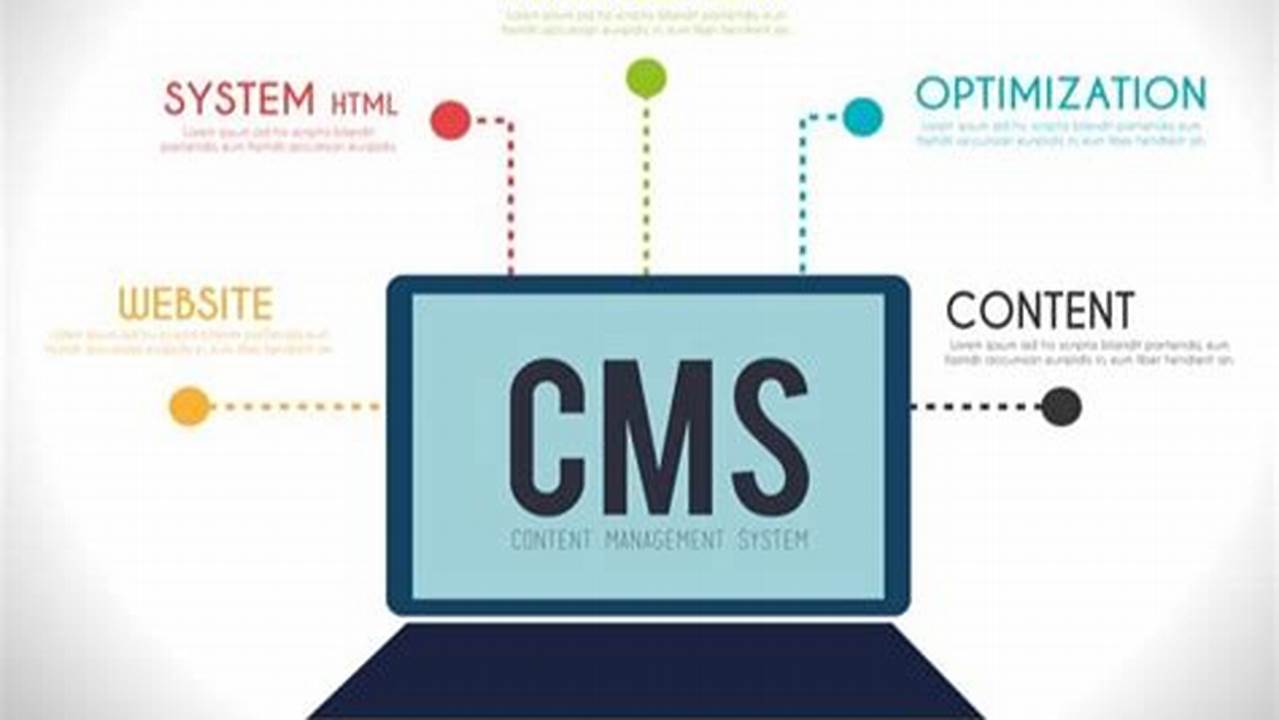Selecting a content management system (CMS) is a critical decision for any organization establishing or revamping its online presence. A CMS serves as the foundation for website development, influencing everything from content creation and design flexibility to SEO performance and future scalability. A well-chosen platform empowers organizations to effectively manage their digital content, streamline workflows, and achieve their online objectives. This is especially important in 2023, given the rapid evolution of online technologies and user expectations.
Key Considerations for CMS Selection
Functionality: Evaluate features like blogging capabilities, e-commerce integration, and multimedia support.
Ease of Use
A user-friendly interface simplifies content creation and management, reducing the need for extensive technical expertise.
SEO Friendliness
Choose a platform optimized for search engines to enhance online visibility and attract organic traffic.
Scalability
Ensure the chosen CMS can accommodate future growth and evolving content needs.
Security
Robust security features are essential to protect sensitive data and maintain website integrity.
Integration Capabilities
Seamless integration with third-party tools and services enhances functionality and streamlines workflows.
Cost
Consider both upfront costs and ongoing expenses like hosting, maintenance, and potential upgrades.
Support and Community
Access to reliable support and a vibrant community can provide valuable assistance and resources.
Tips for Effective CMS Selection
Define Content Strategy: Clearly outline content goals and objectives before evaluating different platforms.
Research and Compare: Thoroughly research available options, comparing features, pricing, and user reviews.
Test Drive with Demos: Take advantage of free trials or demos to experience the platform firsthand.
Consult with Experts: Seek guidance from web developers or digital strategists for informed recommendations.
Frequently Asked Questions
What are the different types of CMS platforms?
Common types include traditional CMS, headless CMS, and website builders, each catering to specific needs and technical expertise.
How often should a CMS be updated?
Regular updates are crucial for security, performance, and access to new features. Follow recommended update schedules provided by the CMS vendor.
Can a CMS be migrated to a different platform?
Migration is possible, but it can be a complex process. Careful planning and technical expertise are necessary to ensure a smooth transition.
What is the role of a CMS in digital marketing?
A CMS provides the infrastructure for content creation, SEO optimization, and integration with marketing automation tools, enabling effective digital marketing strategies.
Is it necessary to hire a developer to use a CMS?
While some platforms are designed for non-technical users, complex customizations or integrations may require developer assistance.
How does a CMS impact website performance?
A well-optimized CMS contributes to faster loading speeds, improved user experience, and better search engine rankings.
Selecting the appropriate platform is an investment in the future success of any online endeavor. By carefully considering these factors and following best practices, organizations can leverage the power of a robust CMS to achieve their digital goals and establish a compelling online presence.



